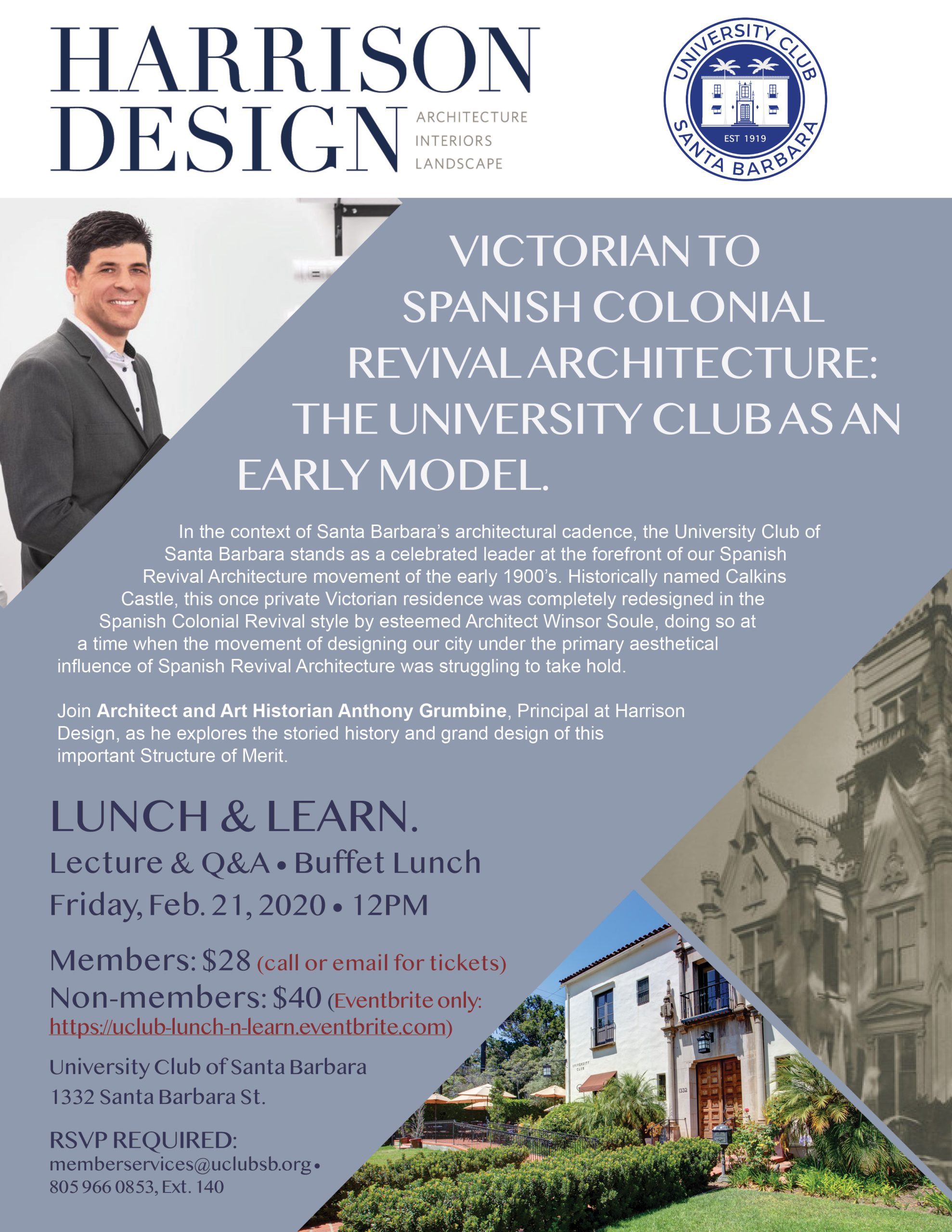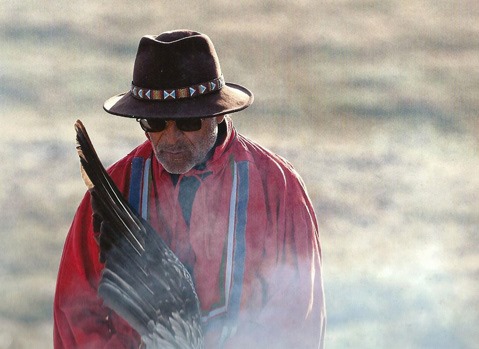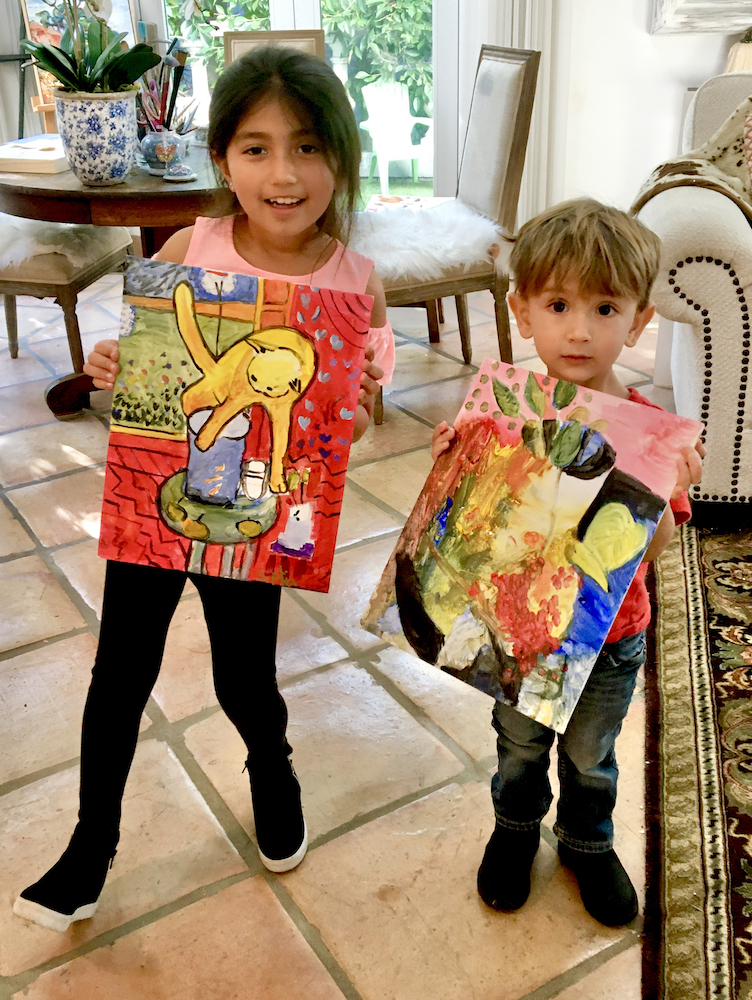LISO Research Focus Group Talk: John J. Gumperz Memorial Lecture
If intimacy is collaboratively produced in interaction, as discourse analysts argue, then how do individuals with atypical interactional behaviors achieve it? This paper addresses a sociolinguistic practice noted for individuals on the autism spectrum but rarely analyzed: the sustained adoption of non-local dialect features. For sociolinguists who view second dialect acquisition as a social achievement importantly related to identity, this practice presents a paradox: How do individuals with such a purportedly “asocial” syndrome accomplish an activity that is intensely social? To address this question, the talk draws from data collected by a team of linguists and anthropologists at the University of Colorado Boulder for a multi-year project on accent imitation in the autism spectrum. Focusing on the life narrative of an autistic man raised in Montgomery, Alabama who has adopted what he characterizes as a “South African Welsh” accent, the paper suggests that the cultivation of non-local accent enables autistic individuals to achieve the intimacy often precluded by the use of atypical prosody. Bringing together Bourdieu’s work on ‘shared timing’ with recent work on queer time and spatiotemporal scales, the paper questions fundamental sociolinguistic assumptions about the relationship between place, dialect, and speaker subjectivity.














